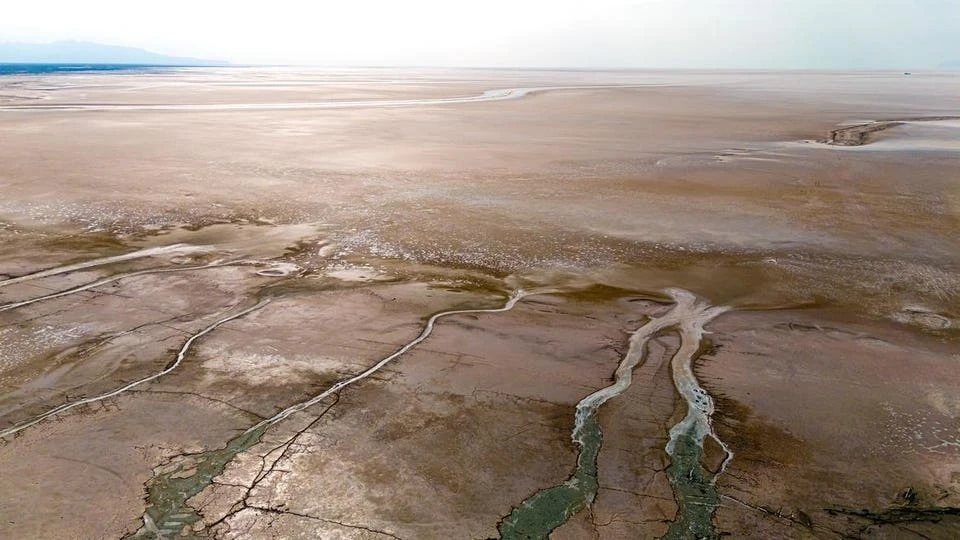Understanding the Allegations of Cloud Stealing and Its Impact on Iran’s Severe Drought
The Odd weather Phenomenon
Over the past two months, images showing contrasting weather conditions between Turkey and Iran have sparked speculation among Iranians regarding the disparity in rainfall patterns.
One theory suggests that Turkey is somehow manipulating weather patterns to divert rain clouds away from Iran, a practice known as “Cloud stealing.”
Cloud seeding, a weather modification technique that enhances clouds’ ability to produce rain or snow, has been proposed as a potential method by which this could occur.
Debunking the Cloud Stealing Notion
Several experts have dismissed the concept of Cloud stealing, highlighting the transient nature of clouds and the uncertainties surrounding the effectiveness of Cloud seeding.
Due to the dynamic movement of clouds, there is no guarantee that a country conducting Cloud seeding would benefit from the resulting rainfall.
The difference in precipitation patterns between nations can be attributed to various factors such as proximity to seas and mountains and prevailing wind directions.
The Political Implications
weather modification programs initiated by countries in the Middle East, such as Iran, Turkey, Saudi Arabia, and the United Arab Emirates, are exacerbating tensions and giving rise to accusations of environmental hostilities.
Allegations of Cloud theft in Iran, including past accusations against Israel and the UAE, add fuel to existing suspicions, potentially leading to misinformation among the public.
The Real Issue: Iran’s Water Crisis
Iran’s water woes extend beyond accusations of Cloud stealing, with the country experiencing severe drought and a 62% decrease in rainfall compared to the long-term average.
The root causes of Iran’s water crisis are a combination of resource mismanagement, excessive dam building, inefficient agricultural practices, and the exacerbating effects of climate change.
This significant drought has had far-reaching implications, including water shortages, dried-up lakes and rivers, and protests demanding the revival of water sources.
The Role of weather Modification Technologies
Cloud seeding and other weather modification technologies have been utilized by various nations worldwide, with china even employing them during the 2022 Winter Olympics to control weather conditions.
However, these technologies come with inherent risks, including the potential for exacerbating droughts and floods, impacting the food chain, and fueling geopolitical conflicts.
Experts stress the need for stronger global intervention measures to monitor and regulate weather modification practices and address the associated security risks.
Call for International policy and Intervention
Despite the existing Convention on the Prohibition of Military or Any Other Hostile Use of Environmental Modification Techniques (ENMOD), international legal measures are deemed insufficient for addressing modern threats associated with weather modification.
There is a growing consensus among experts and policymakers for the international community to strengthen policies and agreements to protect nations’ rights against new anthropogenic threats.
Addressing the security risks of Cloud seeding and similar technologies will require enhanced international collaboration and updated policy frameworks to ensure the well-being of nations and their environments.
Source: forbes








No Comments